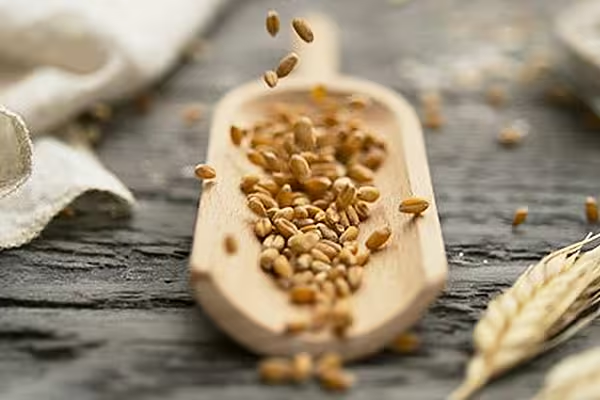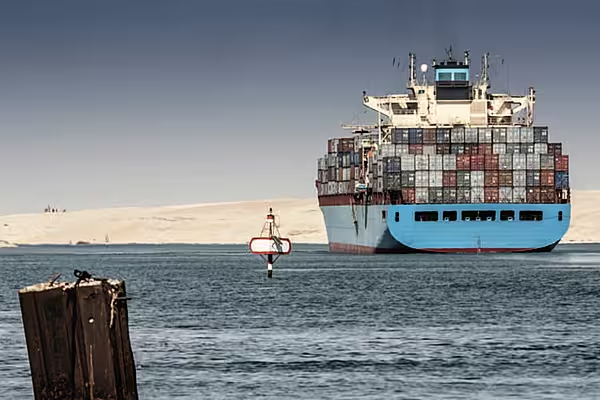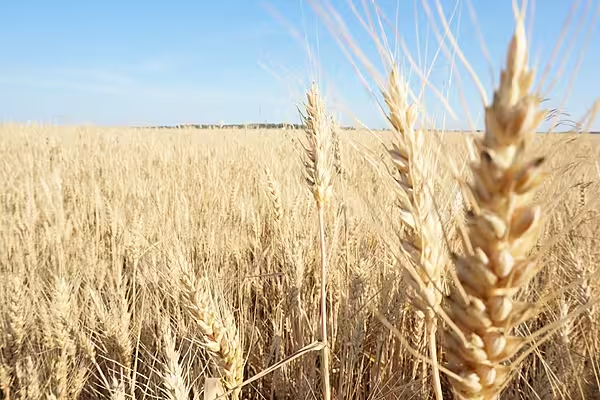International food and feed prices could rise by between 8% and 20% as a result of the conflict in Ukraine, triggering a jump in global malnourishment, the UN food agency said on Friday.
In a preliminary assessment of Russia's invasion of its neighbour, the Food and Agriculture Organisation (FAO) said it was not clear if Ukraine would be able to harvest crops during a protracted conflict, while uncertainty also surrounded Russian food exports.
FAO said Russia was the world's largest exporter of wheat, while Ukraine was the fifth largest. Together, they provide 19% of the world's barley supply, 14% of wheat, and 4% of maize, making up more than one-third of global cereal exports.
Russia is also a world leader in fertiliser exports.
'Agricultural Activities'
"The likely disruptions to agricultural activities of these two major exporters of staple commodities could seriously escalate food insecurity globally," FAO's Director General Qu Dongyu said in a statement.
The body's food price index hit a record high in February, and looks certain to climb further still in the months ahead as the consequences of the conflict reverberate around the world.
Between 20% and 30% of fields used to grow winter cereals, maize and sunflower in Ukraine will not be planted or will remain unharvested during the 2022/23 season, FAO said, adding Russian exports might be disrupted by international sanctions.
FAO said 50 countries, including many of the least developed nations, depend on Russia and Ukraine for 30% or more of their wheat supplies, leaving them especially vulnerable.
"The global number of undernourished people could increase by 8 to 13 million people in 2022/23," FAO said, adding that the most pronounced rises would be seen in the Asia-Pacific region followed by sub-Saharan Africa.
News by Reuters, edited by ESM – your source for the latest Supply Chain news. Click subscribe to sign up to ESM: European Supermarket Magazine.











